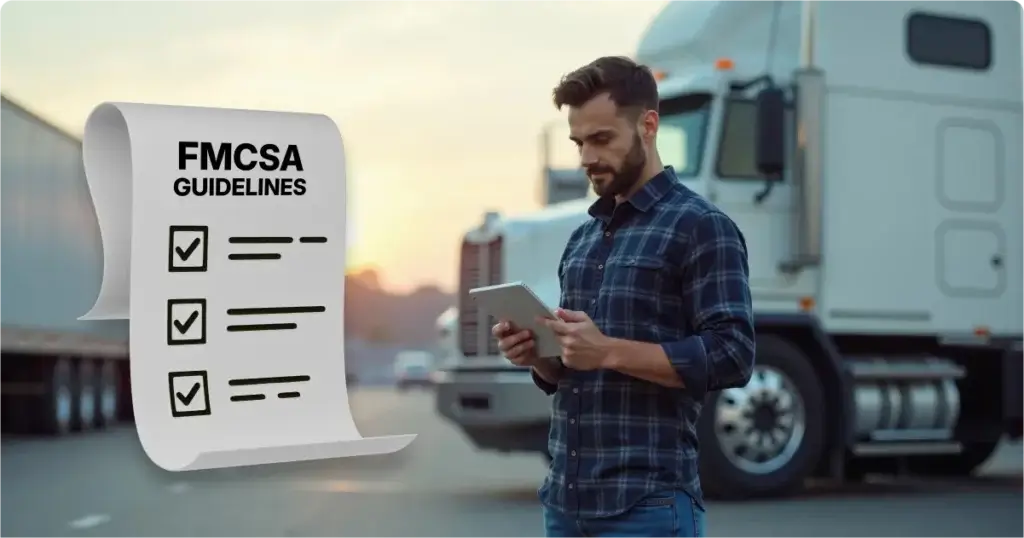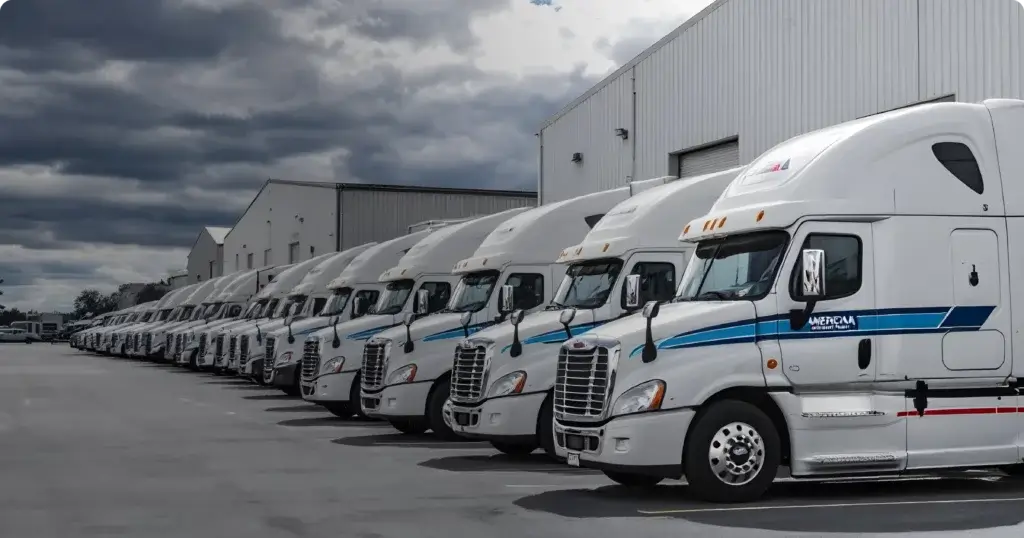California’s Assembly Bill 5, or AB5, has created some obstacles for those in trucking. It has fundamentally changed the definition of independent contractors and employees and trucking companies of all sizes and owner-operators have been impacted.
According to AB5, every owner-operator, ranging from carriers, shippers or brokers, needed to pass an ABC test to be classified as independent contractors. This test has three stages of verification:
- The worker should remain free from the control of the company, both on paper and in reality.
- The worker shouldn’t perform any task that falls under the main business objectives of the hiring company and should undertake only those tasks that are indirectly linked to the business.
- The worker should have a separate business entity, trade or occupation, which is similar to the tasks performed for the hiring company.
Only after meeting all three conditions, would a worker be deemed an independent contractor. Otherwise, the worker would be considered a part of the hiring company’s workforce.

How the AB5 rule affects the trucking industry
Although many trucking companies were under the impression that Assembly Bill 5 will create exemptions for them, they were proved wrong. After AB5, more than 60% of owners-operators fell in the category of the regular workforce of the trucking companies. This carries implications for them as well as for the companies they offer services to.
Generally, it’s the condition B that has posed difficulties for the contracting efforts of trucking companies. Consider that a trucking company may hire independent truckers to carry out day-to-day deliveries. But the AB5 rule mandates that all these truckers need to be counted in the workforce of the company, as they are carrying out tasks that are directly linked to their main business objectives i.e., transportation and logistics. Considering them as employees makes it more expensive for these companies to employ contractors as it becomes necessary to factor into the costs administrative overheads, mental and dental plans, etc.
Companies are looking for innovative solutions to this problem. Some of the big carriers have started offering relocation packages to the owners-operators, who used to work for them as independent contractors, to move out and start a new business outside the state. They are also giving them the option to sell their trucks and become a part of their workforce, thus totally changing the way they used to function. Either way, the trucking industry could witness an upheaval.
State exemption for motor carriers
The trucking industry has been looking for ways to challenge the new law, and they have been able to obtain a temporary restraining order in California.
The US District Judge Rodger Benitez granted a temporary restraining order in January 2020, stating that the independent contractors, who work for carriers, won’t fall under the AB5 rule, as long as there’s no misclassification report against them. Further, the labor laws can be applied to the motor carriers, if they attempt to misclassify their employees regarding wages, taxes or other rights.
The restraining order was granted based on the observations that such a rule would bring about irreversible changes in the economy by hitting the trucking industry, which largely depends on the independent contractors for their regular operations, at the heart. Carrier prices would’ve soared, routes and services would’ve undergone massive changes, and impacting the economy on the whole.
What is misclassification in the trucking industry?
Misclassification can be defined as a violation of the labor laws, regarding wages, taxes, and other responsibilities that all employers should take for their full-time employees.
According to the rules, an employer should be responsible for paying the federal Social Security taxes, payroll and state employment taxes, unemployment insurance taxes, providing workers’ compensation and take care of other important state and federal regulations on their employee’s behalf. However, if they hire independent contractors for the job, the latter becomes solely responsible for the aforementioned taxes and compensations.
This has led to some trucking companies misclassifying their employees as independent contractors to wash their hands off these responsibilities. Anecdotal evidence from the port trucking industry suggests that even full-time truckers have to buy and maintain expensive vehicles at great personal cost even as they are deprived of basic unemployment insurance. Such practices have been put forth as the biggest reasons for the coming of AB5.
What the trucking industry should do to avoid misclassification
In the simplest terms, they should try to avoid even unintentional misclassification at every cost. To that end, here are a few suggestions:
- Create proper lease agreements – This will form the first line of defense for any trucking company that hires independent contractors for their day-to-day operations. As it will be mentioned clearly that the worker is an independent contractor, and not an employee, lawsuits, if any, can be avoided.
- Choose your working associates carefully – Make sure you work with companies that take misclassification seriously.
- Create awareness – You should leave no stone unturned to ensure fairness by educating your paid workers and the independent contractors in the differences between the two. That will help create awareness and reduce confusion.
Wrapping it up
While the laws will keep changing and new laws will take their place, the trucking industry must find a way to function. It’s important to ensure that independent contractors and owner-operators don’t get treated unfairly. But in doing that, it’s also important to not swing the pendulum too much the other way and deprive these free-spirited and independent-minded Americans of their freedom and initiative.









